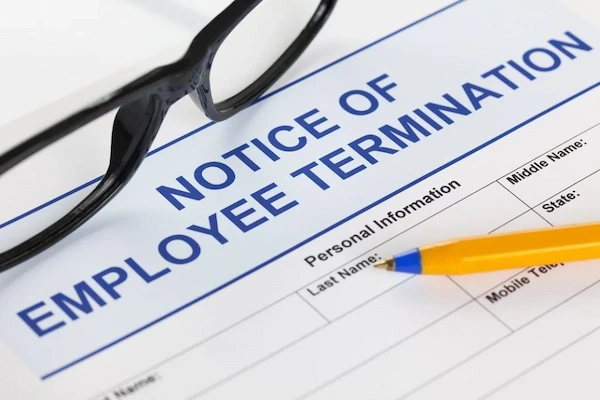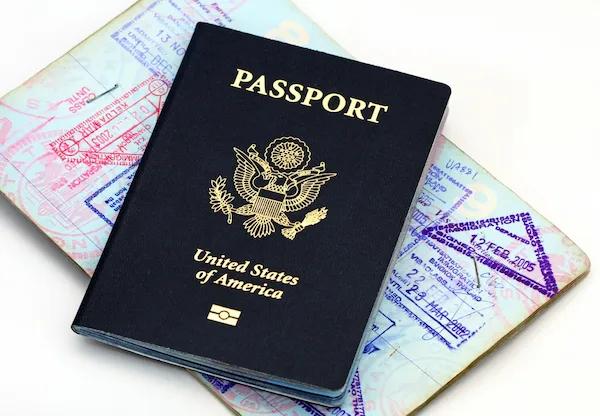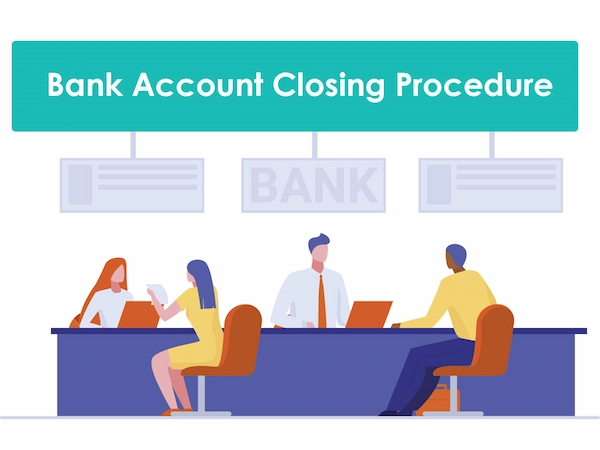Repatriation Tips for Expats Leaving Vietnam
Are you an expat preparing to leave Vietnam and return to your home country? Repatriation can be a complex process, but with careful planning and the right information, you can make your transition smoother. At Jobinvietnam.net, we understand the challenges faced by expats during this time and are here to provide you with valuable tips to help you navigate the repatriation process.
Notify Relevant Authorities and Employers

One of the first steps in your repatriation journey is to inform the necessary authorities and your employer about your upcoming departure. This includes:
- Notifying your landlord and arranging for the termination of your lease
- Informing your employer and discussing any outstanding work-related matters
- Contacting your bank and closing any local accounts
- Notifying utility providers and canceling services such as electricity, water, and internet
By taking care of these administrative tasks early on, you can avoid last-minute complications and ensure a smoother transition.
Organize Your Belongings

As you prepare to leave Vietnam, it’s crucial to sort through your belongings and decide what to take with you, sell, donate, or discard. Consider the following:
- Make a list of items you want to ship back home
- Sell or donate unwanted items to lighten your load
- Properly dispose of any items that cannot be sold or donated
- Arrange for the shipment of your belongings well in advance to avoid delays
Remember, the less you have to move, the easier and more cost-effective your repatriation will be.
Update Your Documents

Before leaving Vietnam, ensure that all your important documents are up to date and valid. This includes:
- Checking the expiration date of your passport and renewing it if necessary
- Obtaining any required visas for your destination country
- Gathering important documents such as birth certificates, marriage certificates, and educational records
- Updating your contact information with relevant authorities and institutions
Having your documents in order will help you avoid any potential issues during your repatriation journey.
Plan Your Finances

Repatriation can have a significant impact on your finances, so it’s essential to plan ahead. Consider the following:
- Notify your bank in Vietnam about your departure and close any local accounts
- Research the cost of living in your destination country and adjust your budget accordingly
- Consider the tax implications of your move and consult with a tax professional if necessary
- Set aside an emergency fund to cover unexpected expenses during the transition
By planning your finances carefully, you can ensure a more stable and secure repatriation process.
Prepare for Reverse Culture Shock

Many expats experience reverse culture shock when returning to their home country after living abroad for an extended period. To minimize the impact of reverse culture shock, consider the following:
- Research any changes that may have occurred in your home country during your absence
- Reconnect with family and friends before your return to ease the transition
- Be prepared for a period of adjustment as you readapt to your home culture
- Seek support from other repatriated expats who can relate to your experiences
Remember, it’s normal to feel a mix of emotions during the repatriation process, and it may take some time to fully readjust to life back home.
Seek Professional Assistance
Repatriation can be overwhelming, but you don’t have to navigate the process alone. At Jobinvietnam.net, we are here to provide you with the support and guidance you need during this transition. Our team of experienced professionals can assist you with:
- Answering any questions you may have about the repatriation process
- Providing resources and information to help you plan your move
- Connecting you with other expats who have successfully repatriated
- Offering personalized advice tailored to your specific situation
Don’t hesitate to reach out to us via phone, Zalo, or WhatsApp to receive the clearest and most detailed advice on your repatriation journey.
Raising Children as an Expat in Vietnam
Raising children as an expat in Vietnam can be both rewarding and challenging. Expat parents in Vietnam often face unique challenges, such as navigating cultural differences, finding suitable education options, and maintaining a sense of family identity. However, Vietnam also offers a rich cultural experience, a supportive expat community, and opportunities for personal growth. To successfully raise children in Vietnam, expat parents should embrace the local culture, seek out support networks, and prioritize open communication within the family. By fostering a positive and adaptable mindset, expat families can thrive in their new environment and create lasting memories. If you’re interested in learning more about the experiences of expat parents in Vietnam, check out our article “Raising Children as an Expat in Vietnam” for valuable insights and advice.


